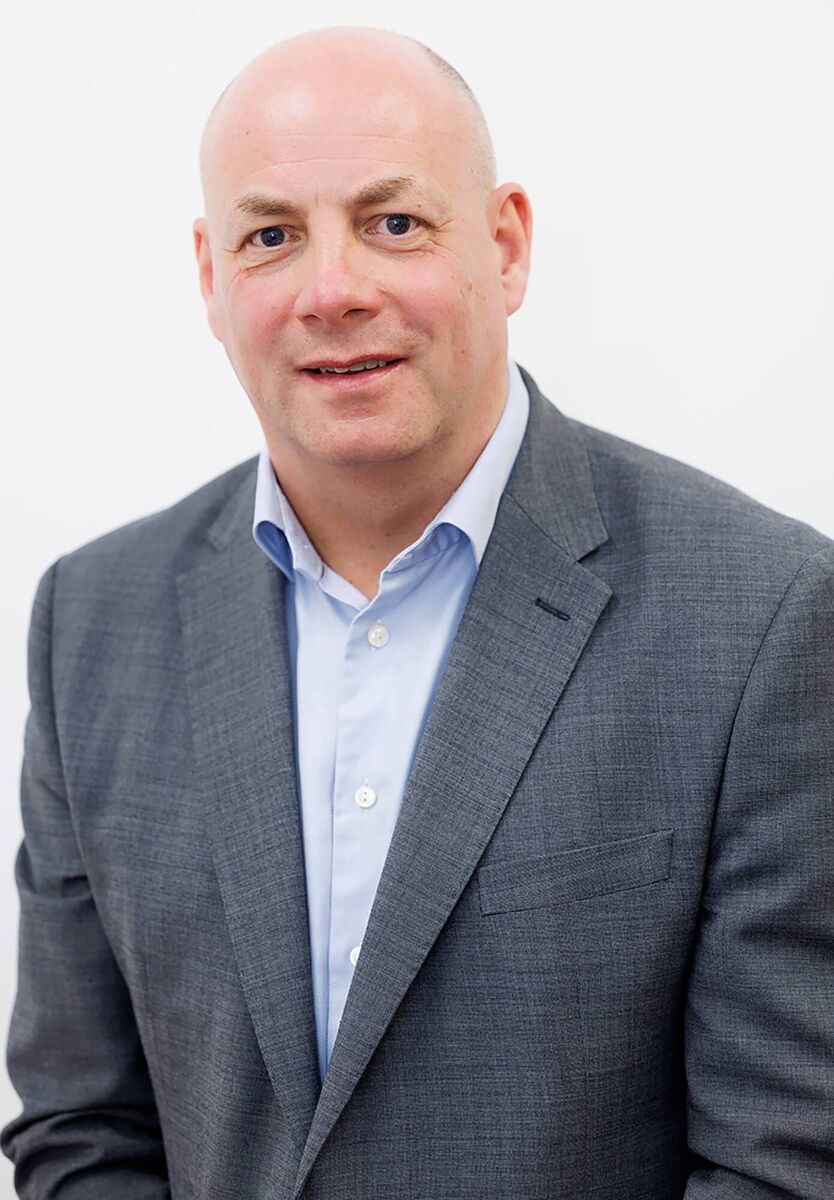Why we need a national hearing care plan

Chime, the national charity for deaf and hard of hearing people, estimates unmanaged hearing loss is the cause of 50,000 cases of depression in Ireland.
ONE in three of us will have to face the consequences of hearing loss at some point. It is a hidden timebomb for many.
So Ireland urgently requires the Department of Health to design and implement a national hearing care plan.
It is desperately needed to strengthen state support for those dealing with hearing loss.
Such a plan would provide a clear pathway as to how people can address it. And it needs to contain a regulatory framework for the hearing aid sector.
Incredibly, no such plan exists, despite this country having an extraordinarily high level of unmanaged hearing loss.
Important and significant health issues around hearing are being left largely to chance, due to state neglect.
In 2018, The Irish Longitudinal Study on Ageing (TILDA), reported that only one in five people who need hearing aids actually have them.
In 2021, the World Health Organisation called on governments to develop national hearing care plans.
It estimated that for every €1 invested, states could expect a return of almost €16 saved over 10 years through greater independence among those who are deaf or hard of hearing.
But hearing aid take up here is one third less than the UK, per-head of population, due to the lack of a national hearing care plan.
The high rate of unmanaged hearing loss is contributing to increased cases of dementia, depression and social isolation.
So the lack of a national hearing care plan is placing an ever-increasing strain on already over-stretched services in these areas.
Chime, the national charity for deaf and hard of hearing people, estimates unmanaged hearing loss is the cause of 50,000 cases of depression in Ireland.

And according to a peer reviewed study by medical journal The Lancet, eight per-cent of dementia cases are preventable through early management of hearing loss.
There can be a quick descent into depression and isolation brought on by hearing loss which is not treated quickly and competently.
John Dixon (62), a retired public servant and part-time musician, has detailed to Chime how he first noticed a deterioration in his hearing in his late forties.
But his hearing loss was not properly treated privately at that time and his quality of life deteriorated absolutely.
It got to the stage where he could not understand anything when he was out in company.
He became depressed and totally withdrawn. There was no enjoyment to his life.
John could not socialise and was upsetting his wife Jacqueline and daughter Aoife, who brought him to us at Chime in 2020.
They were worried about how isolated he had become. He had gone from being an outgoing happy-go-lucky person, always involved in craic, to someone else entirely.
With suitable hearing aids, John can hear perfectly now, but the state needs to be more proactive around cases such as his. The right hearing aids have made an enormous difference to his life.
Often, people do not realise the importance of hearing aids until such time as they actually need them.
The solution to hearing difficulties exists, but you need to confront the problem and when you do, it will change your life.
Chime has been lobbying the Department for some time now to develop a national hearing care plan.
Currently, the HSE provides hearing aids to medical card holders and those aged up to 18, just 25% of those who may need them. Depending on location, waiting times can be as long as three years.
Over 300,000 Irish adults require some form of hearing aid, but, incredibly, there is no regulatory framework around the private hearing aid sector. Hearing aids cost €3,000 per-pair on average, but a PRSI grant is available.
However, our two-tiered system is totally disjointed and inefficient. The Department of Health must deliver a national hearing care plan now.
Chime is seeking a state model of care which encourages people to look after their hearing, with accompanying standards and protocols.
If you are lucky enough to be able afford hearing aids you enter an expensive, unregulated market with no clear pathway to health.
There is a real opportunity to reduce health costs and improve quality of life for thousands of people with a clear plan.
Chime wants to eliminate barriers to seeking help and end the stigma around being deaf or hard of hearing.







 App?
App?




